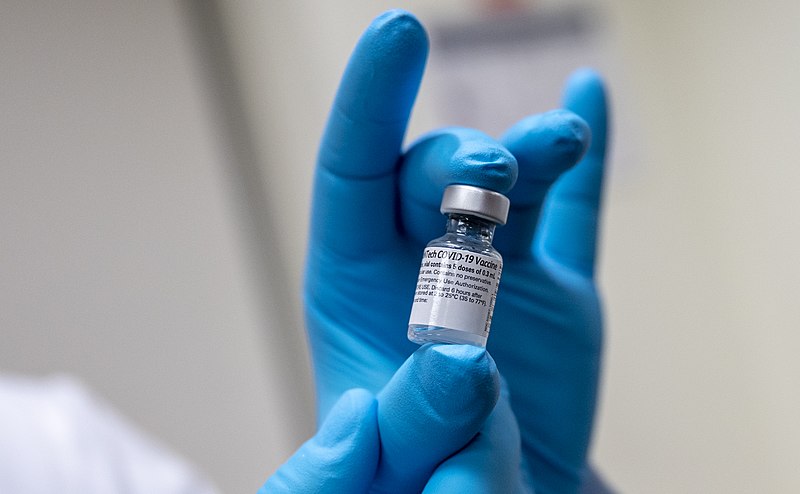Attachments
Note: Not all attachments are visible to the general public. Research URLs will go live after the embargo ends.

Journal/
conference: NEJM
conference: NEJM
Research:Paper
Organisation/s:
Clalit Health Services, Israel
Funder:
Funded by the Ivan and Francesca Berkowitz Family Living Laboratory Collaboration
at Harvard Medical School and Clalit Research Institute.



 International
International


